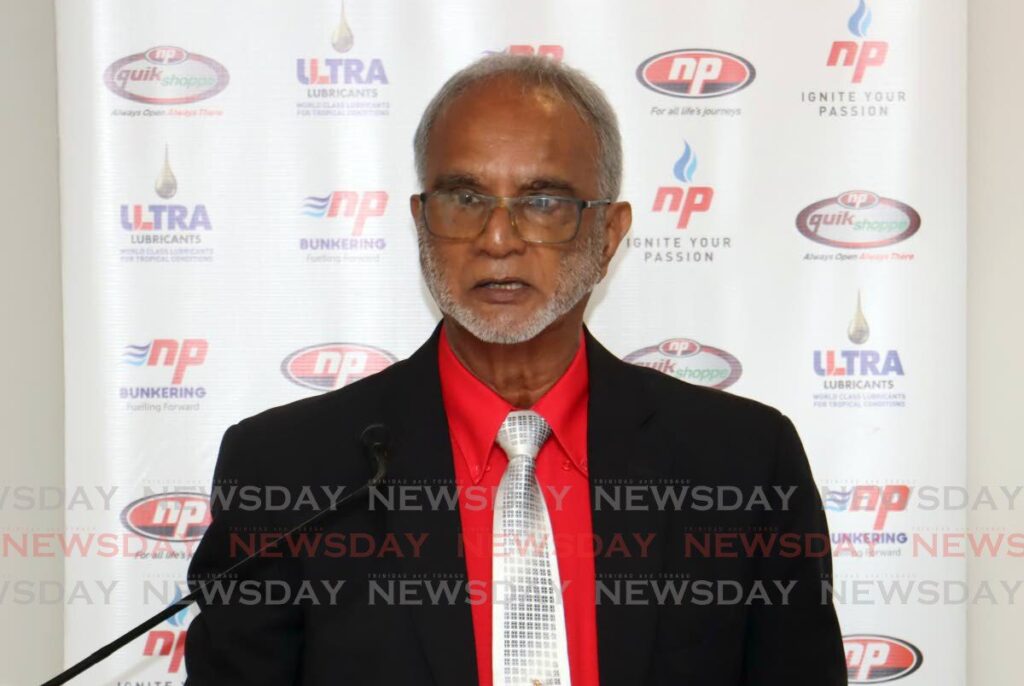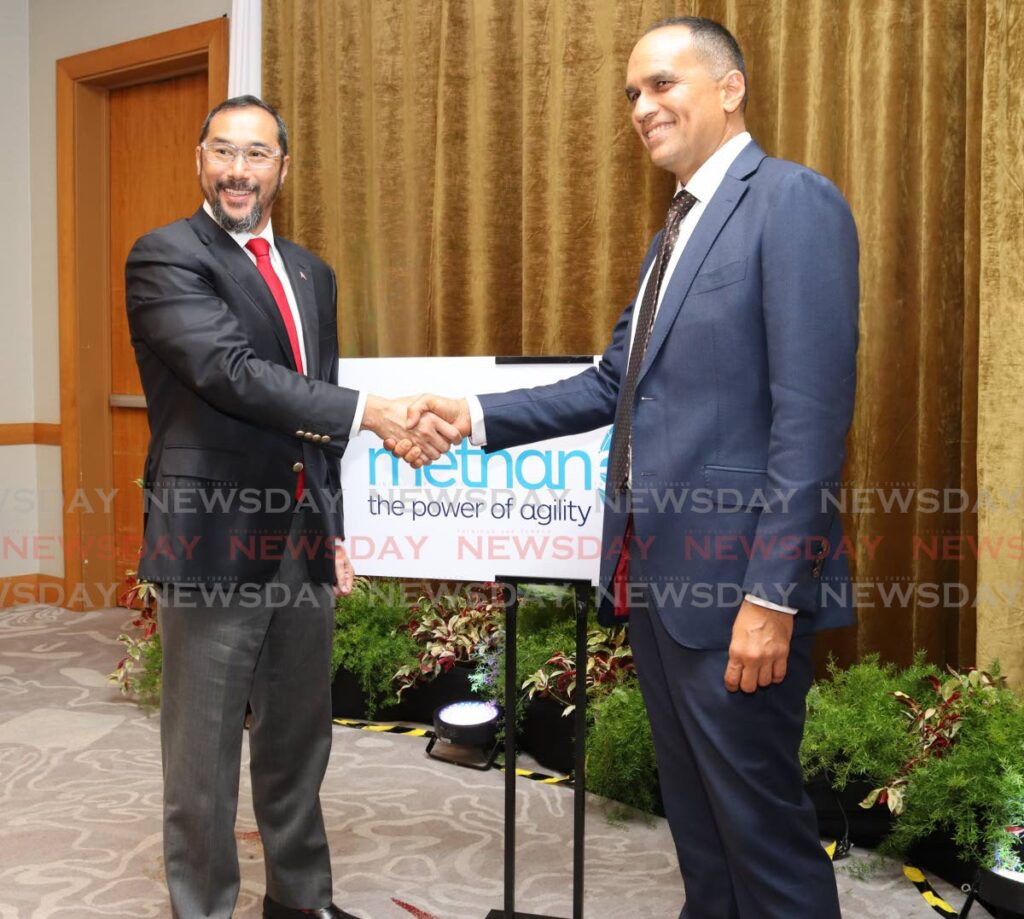Trinidad and Tobago to do feasibility study for low-carbon fuel distribution

The National Energy Corporation of TT (National Energy), the National Petroleum Marketing Company (NP) and Paria Fuel Trading Company (Paria) signed a memorandum of understanding (MoU) on September 18 to collaborate on positioning Trinidad and Tobago as the region’s first low-carbon-emission bunkering hub.
"The MoU commits the three agencies to conduct a feasibility study that will evaluate the potential to supply low-carbon marine fuels, such as methanol, to ships operating on trade routes in the Caribbean."
The release said the study is expected to conclude by April 2025, with the intention of establishing an operational hub by 2026.
NP chairman Sahid Hosein said its facilities, in the recently restored channel and turning basin, are equipped to meet the growing demand from international ships seeking fuel alternatives.
"In 2023 we introduced TT’s first low-emission tug, marking a major step in reducing emissions from our maritime operations," Hosein said.

Paria chairman Newman George said its infrastructure and market intelligence would enable it to run reliable and efficient terminals for petroleum products as well as cleaner fuels.
"This aligns with the global industry’s shift toward low-carbon solutions," he said.
In August, Methanex, in partnership with Uni Tankers, Green Marine, Bunker Holding, National Energy, Paria and the Chinese-based transportation company NYK, demonstrated a methanol-bunkering operation at the waterfront in Port of Spain.
During the event, Energy Minister Stuart Young announced plans to go to Cabinet to advocate for changes in the specifications for gasoline products in TT to include methanol.
At the viewing ceremony at the Hyatt Regency, Young said TT's proximity to the Panama Canal and resources that make it able to manufacture methanol position it to be the low-carbon fuel-bunkering hub of the region.

"The methanol-bunkering operation we are showcasing today represents a significant step toward decarbonising the maritime industry," he said. "Methanol is a safe, proven, cost-competitive marine fuel for commercial shipping that can meet and exceed current and planned emission regulations."
A study done by the Methanol Institute – the trade association for the global methanol industry – said methanol has many properties that make it a cleaner-burning fuel, which include oxygen for cleaner fuel combustion and the ability to reduce carbon intensity.

Comments
"Trinidad and Tobago to do feasibility study for low-carbon fuel distribution"